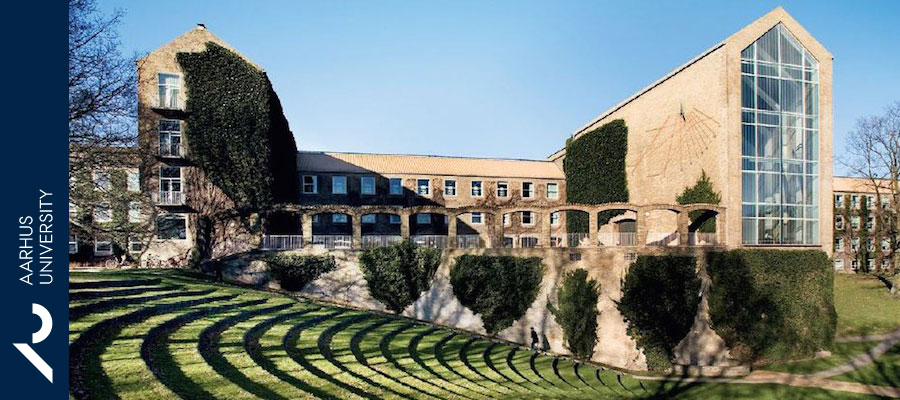The Centre for Urban Network Evolutions (UrbNet) is looking to recruit a full-time (37 hours/week) postdoctoral researcher to work on a specific project tied to the centre’s interests in the Greco-Roman and Late Antique Eastern Mediterranean within the centre’s research agenda. The postdoc will contribute to UrbNet’s research on urban societies and their networks. The position is for 1 year and will commence on 1 February 2024 or as soon as possible thereafter.
The project issues from UrbNet’s core research themes and focuses on urbanism in the Greco-Roman East, urban networks and cultural environments (including and in particular sculptural/iconographic traditions) as well as on a meaningful implementation of digital methods in archaeology.
The postdoc will work closely with Professor Rubina Raja and Assistant Professor Olympia Bobou, and will produce and undertake research for a set of co-authored publications together with these, while also contributing to the wider scope of the respective research group.
We are looking for a candidate who is specialised in:
- Classical Archaeology
- The Greco-Roman and Late Antique Eastern Mediterranean
- Urban landscapes
- Sculpture from the Hellenistic to the Late Antique period
- The interrelation between material culture and written sources
Applicants must have a PhD degree in classical archaeology or equivalent qualifications at an international level.
The Centre for Urban Network Evolutions (UrbNet) was founded in 2015 as a groundbreaking archaeological research initiative exploring the evolution of urbanism and urban networks from the Hellenistic Period to the Middle Ages. The centre is based at Aarhus University, School of Culture and Society, and is funded as a Centre of Excellence by the Danish National Research Foundation.
UrbNet aims to compare the archaeology of urbanism from medieval Northern Europe to the ancient Mediterranean and the Indian Ocean World, and determine how – and to what extent – urban networks catalysed societal and environmental expansions and crises in the past.
